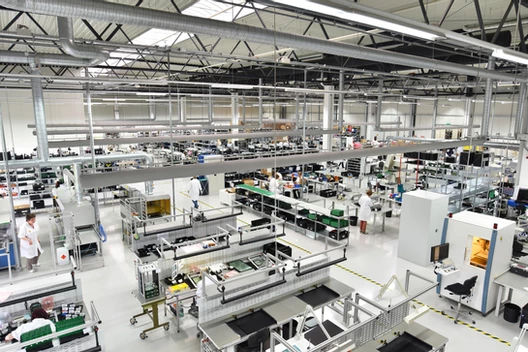Boulevard of Broken Pipes
- Texas had a devastating winter storm and resultant power outages the last week.
- As a result, many businesses or homes have suffered significant damage.
- You want to be prepared and provide your insurance company extensive documentation of the damage that you have sustained to maximize your claim.
What a week it has been. I wasn’t able to get an article out last week because I was without power. I lost it Monday morning and it didn’t come back on until Thursday morning. I was one of the lucky ones, however. I had a friend who had power and was able to stay with him until I got power back. I hope everyone reading is even luckier.
Or at least I thought I was one of the lucky ones. Then my tankless hot water heater defrosted on Friday and water started gushing everywhere. So I am now without hot water while I await a new water heater.
Unfortunately, I know that many out there are in the same position – at both your residence and your commercial properties. In this article, therefore, I’m going to talk about what to do if your house or your commercial property has damage from the storm – including broken pipes that lead to flooded buildings.
First Step – Read the Policy
So your pipes or your water heater have burst/exploded. What do you do now? Contrary to the subtitle of this section – the first thing you need to do is stop the water from going everywhere. I reckon you knew that one, but its important to say. Because part of your obligation under the insurance policy is to mitigate damages.
But once you have the initial remediation and stopped any further damage, its time to pull out your property insurance policy. The policy will tell you exactly what coverage you have. And it can vary widely depending on your policy. So you want to make sure you read it carefully. Its possible, for example, that your policy may not cover the damage to your pipes themselves but will cover damage that the burst pipes caused.
Once you read the policy, its time to make the claim. Obviously every insurance company has its own way to file a claim. And often your broker can help you do so. But you want to file it as soon as possible. You don’t want the insurance company to complain of any delay in filing the claim.
What to Provide Insurance Company
Once you file your claim, Texas law requires your insurance company to get to work quickly. Under the Texas Prompt Payment Act, your insurance company has to respond to you, acknowledge the claim, and get to an investigation very quickly. Obviously when there is a disaster like this last week, it can bog insurance companies down. But they still need to follow up quickly.
Once the insurance company starts its investigation, you want to make sure you have documentation you can give them. Because lets be honest – insurance companies don’t make money by paying out much on claims. So the more evidence of damages you can give them, the better.
I, therefore, recommend you take the below steps when preparing for your claim:
Pictures – Take lots of pictures of damage. The more pictures you have, the easier it is to show the extent of the damage.
Save your receipts – For any damage related expenses you have, save your receipts. This can include hotel receipts, lost income, etc.
Business Interruption – If your business is damaged and you can’t run it, you may lose income as a result of the damage. Your policy may include business interruption insurance. So make sure you are tracking those potential losses.
Track your time spent – Its also possible that you have coverage for time that you and your employees spend on the clean up. So make sure you are tracking that time as well.
Second opinion – If you think the insurance company is not treating you fairly, bring in a contractor and/or plumber who can give you a separate estimate on the cost of repairs.
If you do have a problem with them, however, please do not hesitate to call Bukowski Law Firm at 512-614-0335. We can help you deal with your insurance company so you can get on with your life.
Stay safe out there.

